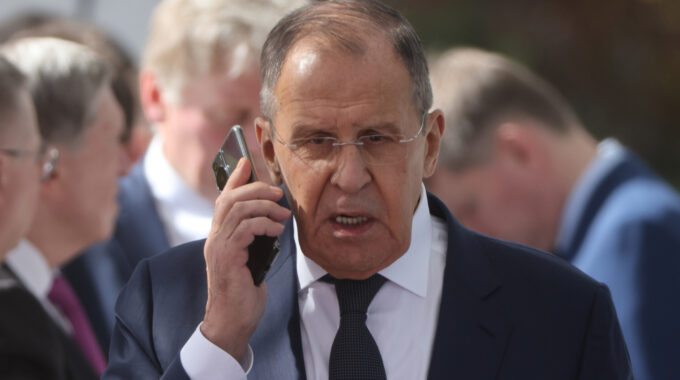Kremlin Loses Long-Standing Foreign Minister: Causes and Consequences

Significant political and diplomatic shifts have taken place in Russia, carrying important implications for international relations and the country’s internal situation.
Sergey Lavrov, who has headed Russia’s foreign ministry for over two decades, unexpectedly found himself at the center of attention due to a series of political and diplomatic setbacks.
The main trigger was the canceled meeting with U.S.
Secretary of State Marco Rubio, originally planned within frameworks addressing the Russian-Ukrainian conflict.
As a result of this situation, Lavrov experienced a decline in status and influence, including his removal from participation in the G20 summit scheduled for November.
Russian President Vladimir Putin appointed his deputy, Maxim Oreshkin, to replace him.
This decision was confirmed by Kremlin spokesman Dmitry Peskov, who noted that the appointment was a unanimous decision by the head of state.
Further investigations reveal that conflicts of interest and diplomatic failures involving Lavrov have led to growing dissatisfaction among high-level officials, likely affecting Russia’s future policies on the international stage and its internal diplomacy.

